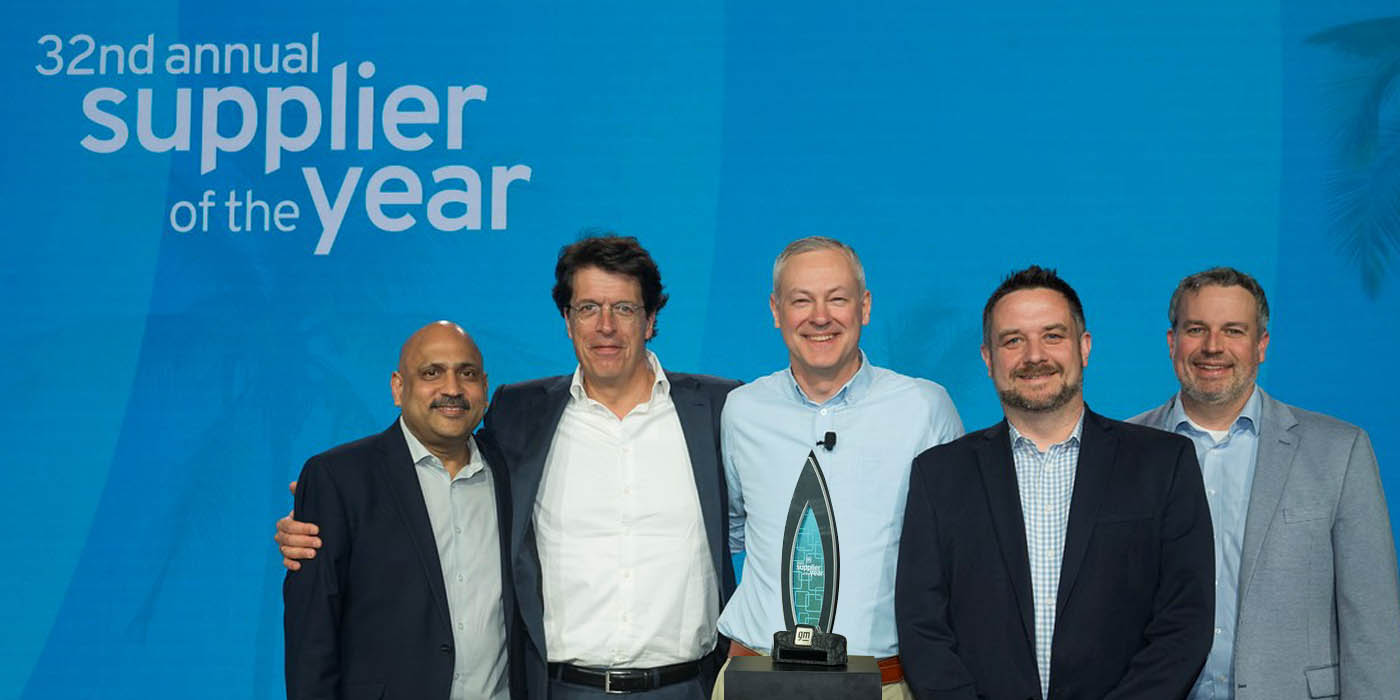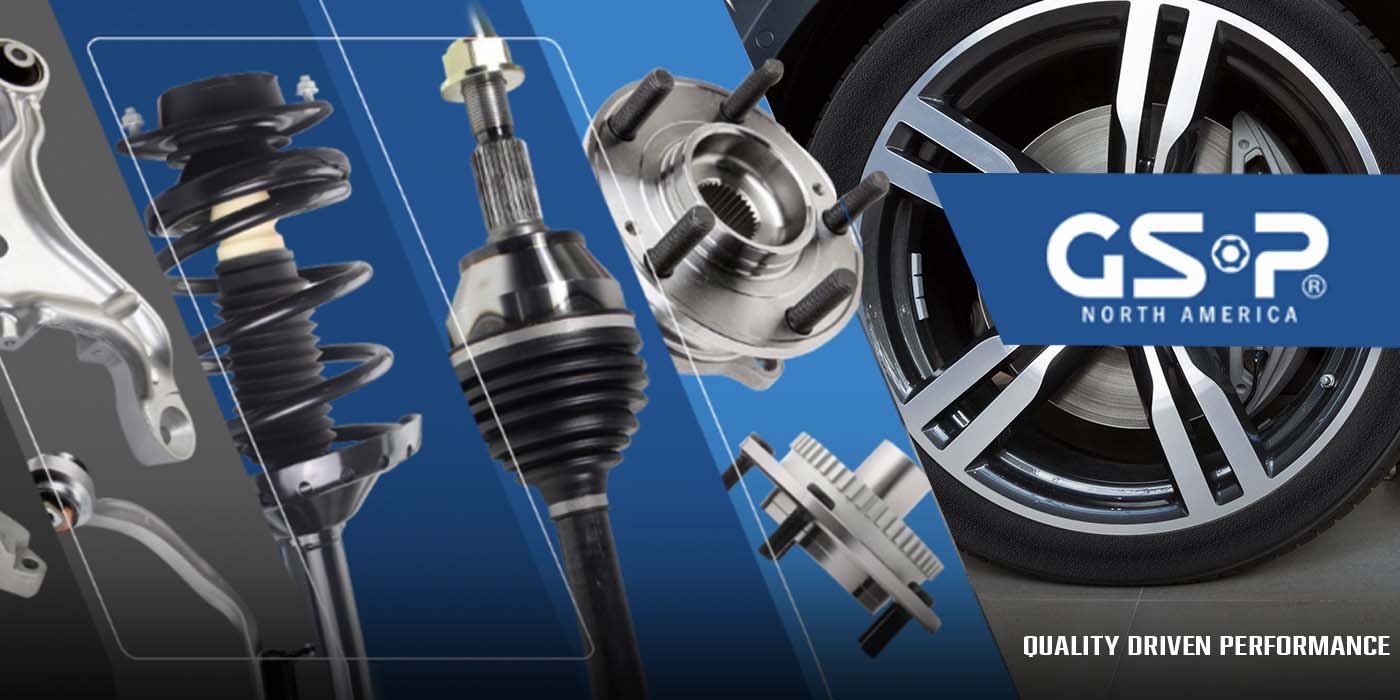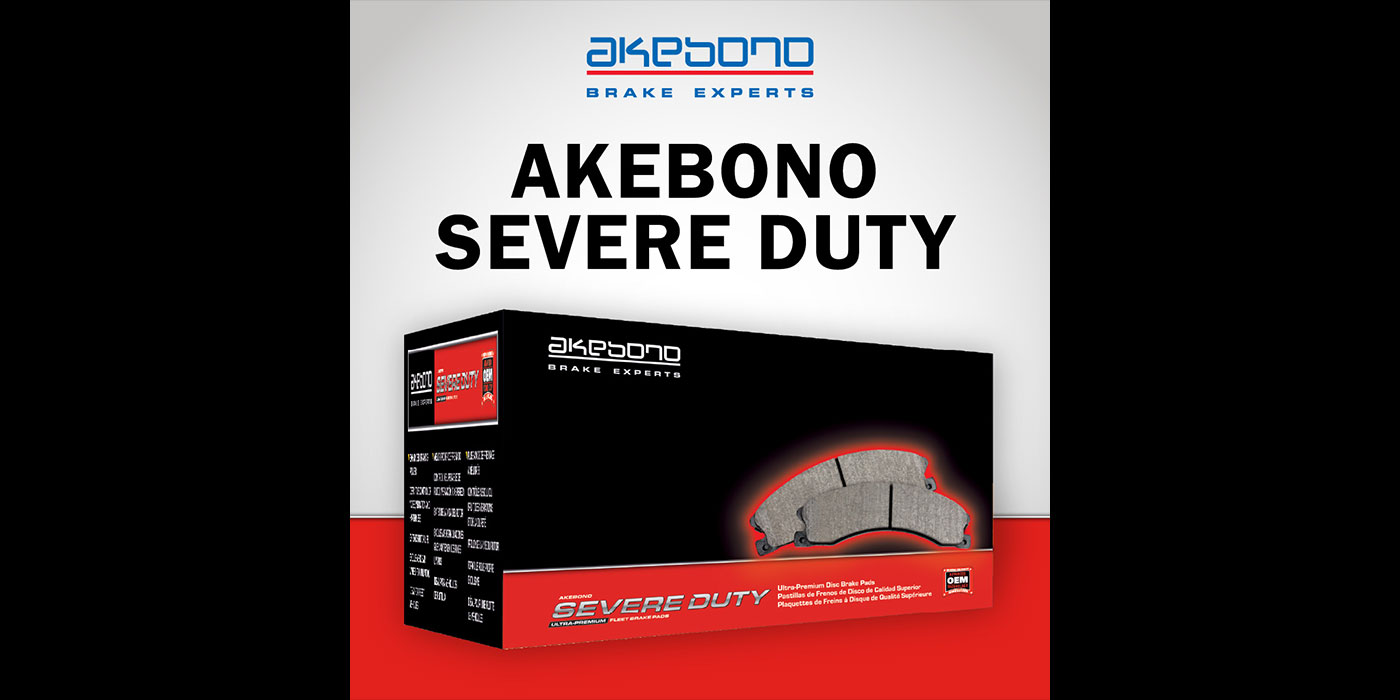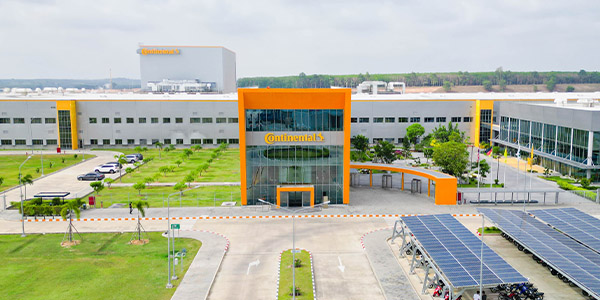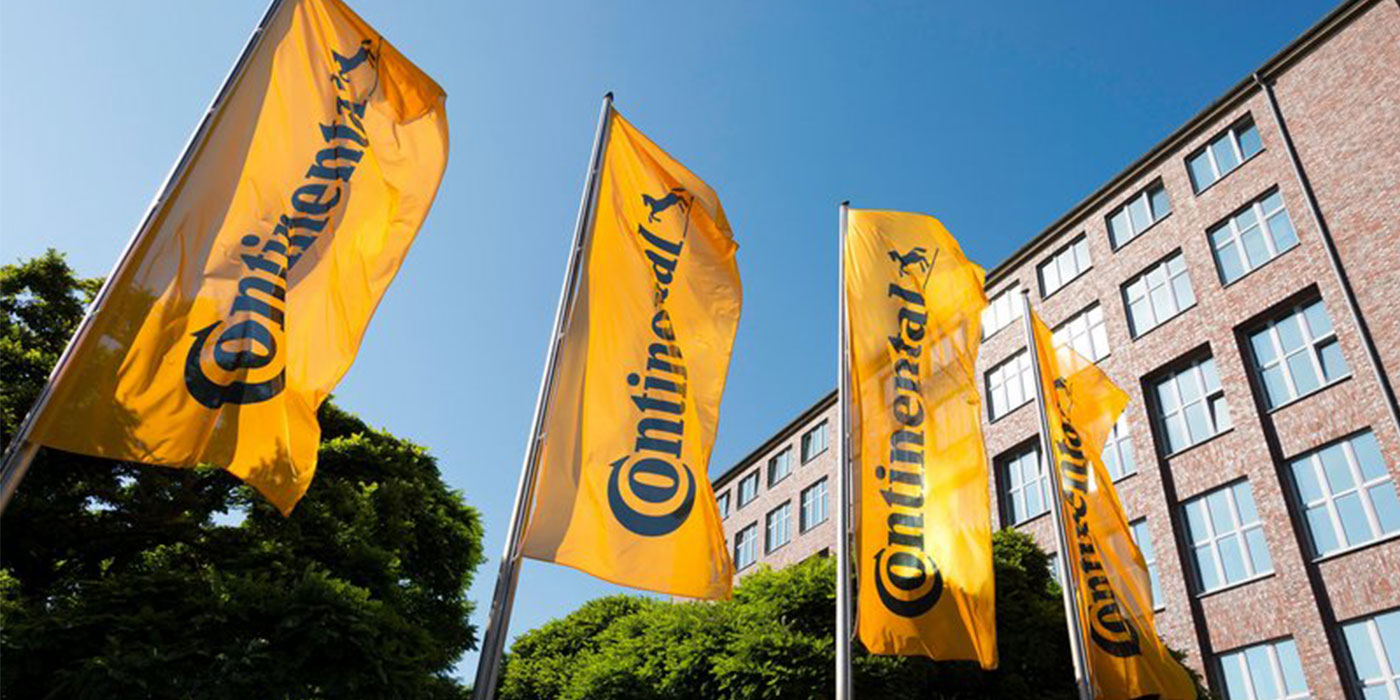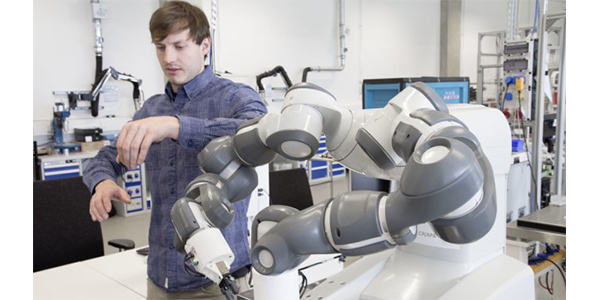 Whether at home, in traffic, or at work, artificial intelligence (AI) is going to transform the world. It’s a future that is not so distant. Smartphones already come with smart voice-controlled assistants, and physicians are using AI to diagnose conditions.
Whether at home, in traffic, or at work, artificial intelligence (AI) is going to transform the world. It’s a future that is not so distant. Smartphones already come with smart voice-controlled assistants, and physicians are using AI to diagnose conditions.
But even if smart systems are already with us, most Germans (85 percent) still have no clear picture of the purposes that AI already serves today.
Much the same can be said of the public’s understanding of AI. Although most respondents – 82 percent – are familiar with the term “artificial intelligence,” more than half (53 percent) know only vaguely what it means. These are the findings of a representative survey conducted by Bosch and the market research institute Innofact in the run-up to the AI CON AI symposium at Renningen near Stuttgart.
AI CON is being held for the first time this year. It will bring together leading AI industry and research experts to explore the opportunities and challenges inherent in the technology. The conference will feature the Bosch experts Dr. Michael Bolle and Dr. Christoph Peylo (head of the BCAI), Prof. Bernhard Schölkopf, the Max Planck Institute’s world-class authority on machine learning, and speakers from Carnegie Mellon University in the U.S., ETH Zurich in Switzerland, and from Austria, Israel and the United Kingdom.
Commenting on AI CON, where 200 and more experts will discuss the opportunities and challenges of AI, Dr. Michael Bolle, the chief digital and technology officer at Bosch, said, “The more intelligent systems now shape everyday life, the more important it is to show people their benefits, and in this way to foster acceptance for this key technology. We have get the message across that humans will be in control of AI.”
No fear of robots
One example of how AI can benefit people is automated driving. Bosch says it is striving to make road transportation emissions-free, accident-free and stress-free. With nine out of 10 accidents currently attributable to human error, smart technology could use AI to prevent many of these from happening in the first place. Connected manufacturing is another banner field for AI. In a smart factory, people and machines will work together as an intelligent team. Robots will relieve people of strenuous and dangerous tasks and learn from experience. This has the possibility of relieving the physical burden for humans. The Bosch survey found that many Germans could imagine being able to accept this situation. Two-thirds of respondents – 67 percent – believe that manufacturing and mobility are going to benefit greatly from artificial intelligence. They also are open to working with a robot if it takes over routine chores, according to the survey results. Half of all respondents say they could imagine such a situation, and would above all devote the free time gained to social or creative activities. Views on the use of AI vary with age, with 18- to 29-year-olds most likely to see AI applications as potentially useful for smartphones and households.
Investigating safe, robust and explainable AI
Bosch founded the Bosch Center for Artificial Intelligence, or BCAI, in early 2017 to expand its AI skill-set. A big part of the BCAI’s mission is to explore the rules by which machines learn and what conclusions they draw from these lessons. To promote young talent in this field, Bosch will be presenting the Bosch AI Young Researcher Award, endowed with 50,000 euros (approx. $57,000 US), for the first time next year.
“We are investigating artificial intelligence that is safe, robust and explainable. AI will augment humankind’s abilities,” said Professor Thomas Kropf, president of the Bosch corporate sector for research and advance engineering. In late 2016, Bosch joined forces with partners in science, business and government to set up Cyber Valley and drive research into artificial intelligence.
Cyber Valley aims to transfer research findings into real-world industrial applications as quickly as possible, to attract highly qualified researchers from all over the world to Baden-Württemberg, and to train and retain AI experts.
Speaking at AI CON, Prof. Bernhard Schölkopf, director of the Max Planck Institute for Intelligent Systems in Tübingen, said, “Science and industry are working together in Cyber Valley to create an ecosystem for the best AI research.”

